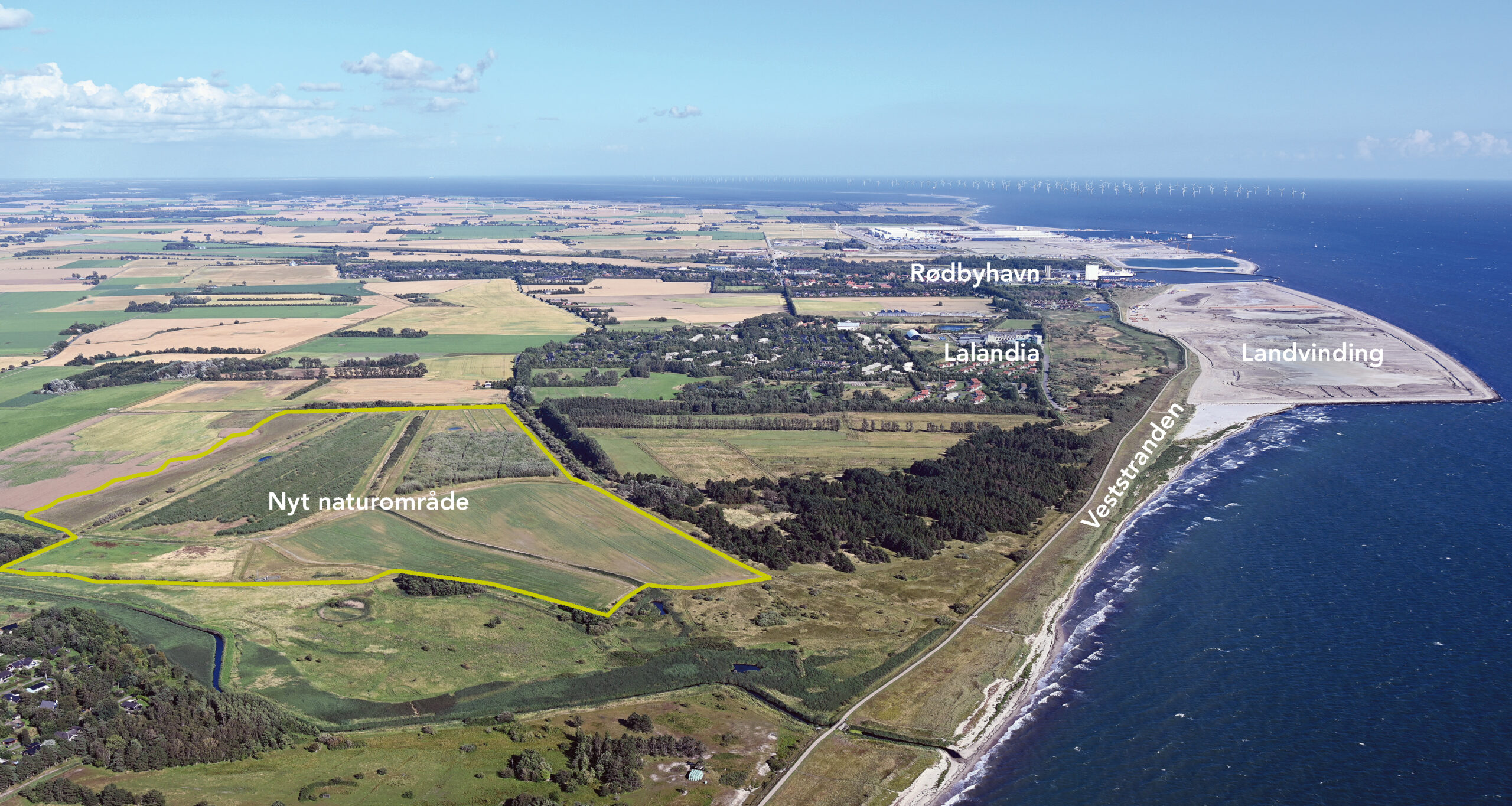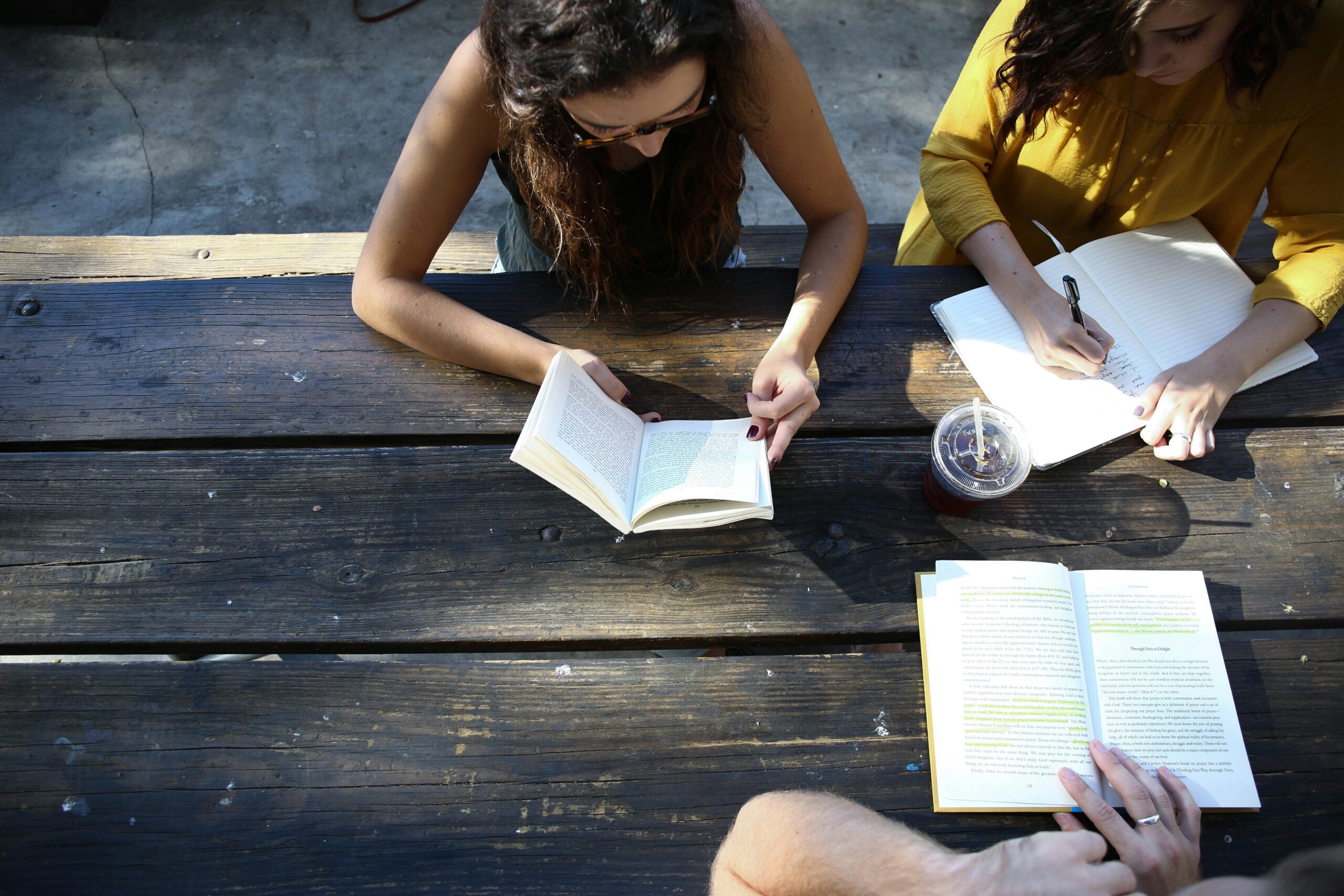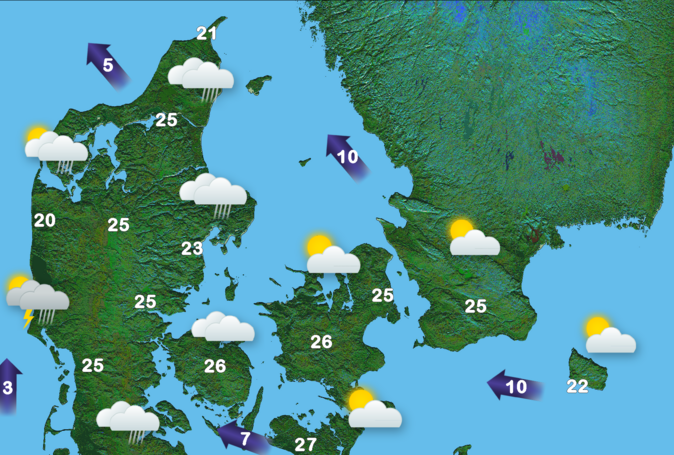It is unrealistic for Denmark to attempt to establish a permanent storage facility for 5,000 cubic meters of low-level radioactive waste currently sitting at the Risø National Laboratory near Roskilde, according to the head of Sweden's own radioactive waste authority.
Denmark has no nuclear power plants, but it operated three test reactors between 1954 and 2000. Some of the waste also comes from hospitals.
Six rural locations are currently being reviewed as possible sites, but any further discussion is pointless, according to Johan Swahn, director of Sweden's Office for Nuclear Waste Review.
“Not one single country in the entire world has constructed a depot for this kind of waste, so it is inconceivable that Denmark can do it,” Swahn told Danish daily Information.
Denmark has been seeking a country for the past ten years to find a site outside of the country to store its radioactive waste. The health minister, Astrid Krag (Socialistisk Folkeparti), said at a public hearing last month that even though the ultimate goal is still to ship the waste out of the country, there have been no takers, and until that happened the process of finding a site for a storage facility would remain underway.
Parliament decided in 2003 to build a facility that could hold the waste for 300 years, until it no longer posed a health threat. The councils on the current short list have united in a common effort to see that the waste is either shipped abroad or remains where it is.
Flemming Eskildsen, the mayor of Skive council, which has been identified as having two possible locations that could house the facility, expressed scepticism about Krag’s claims that the waste is essentially harmless.
“Even though she jokes that the storage facility would be so safe that you could sit atop it for a year without getting more than the normal amount of radiation, there are no major population centres on her list of depot sites,” Eskildsen told The Copenhagen Post.
Eskildsen said that burying the waste somewhere in the countryside may put it out of sight, but would not solve the problem.
“We should ask other countries with more experience at this sort of thing to help us.”
A major fear of all of the councils on the list is that the waste would eventually seep into the groundwater.
“If, as the government says, the waste poses no danger, then why not put it near Copenhagen?” Stig Vestergaard, the mayor of Lolland-Faster, another potential candidate, told Jyllands-Posten newspaper.
Despite the criticism, Dansk Dekommissionering, the group responsible for radioactive waste in Denmark, is keeping the possibility of a Danish storage facility open.
“Our analysis showed that it can be done safely,” Ole Kastbjerg Nielsen, the head of Dansk Dekommissionering, told Information.
Danish experts want the radioactive waste moved from Risø to an area that is more geologically stable, but Swahn said Denmark should let the radioactive waste stay there for the time being.
“It is not a problem for Denmark to take a timeout for 50 or 100 years,” he said.














